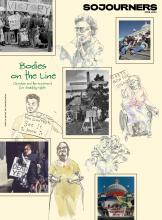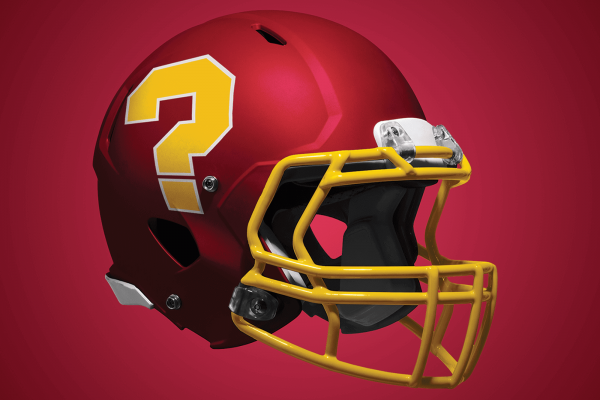WHEN THE WASHINGTON Football Team announced its new name in February, some longtime activists were less than impressed. “The way the franchise and its fans act like the past half-century never happened,” responded Amanda Blackhorse, a member of the Navajo Nation, “like we’re supposed to cheer for something that should have happened decades ago.” For Blackhorse and many others, a symbolic step like a name change—which the team’s leadership was forced to take, “kicking and screaming,” in the face of a campaign that began in the 1960s—“feels hollow” without genuine action to back it up, beginning with acknowledging the damage and making real efforts to repair the harm done to communities.
But getting rid of offensive names, while not a replacement for reparative, structural change, isn’t without significance. And it’s not only about sports franchises—many religious institutions have their own work to do, often involving legacies that go back centuries. Princeton Theological Seminary confronted just such a case earlier this year concerning its chapel named in honor of Samuel Miller, the seminary’s second professor.
Read the Full Article

